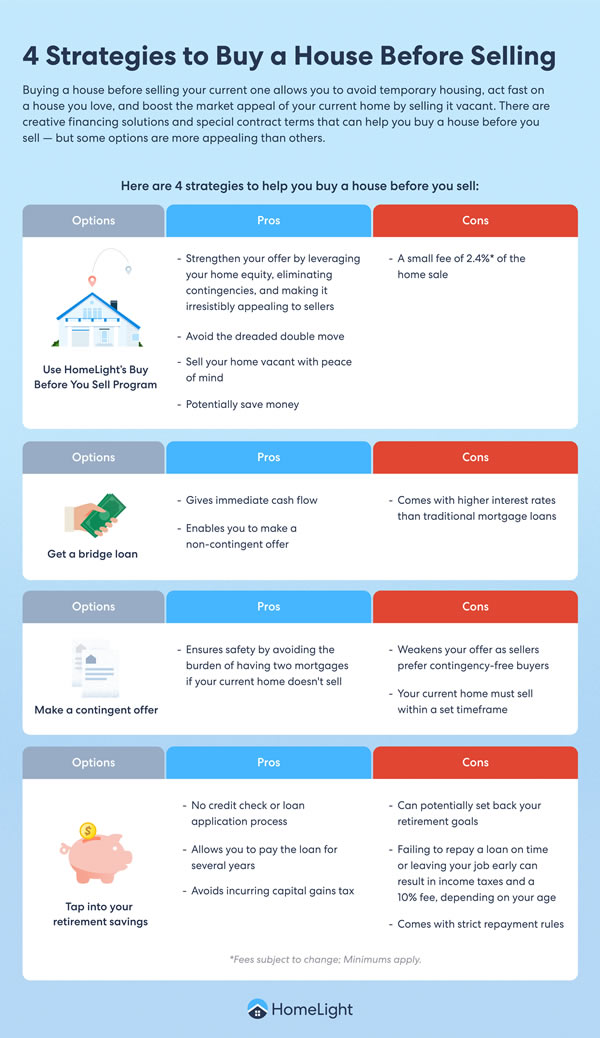Over time, families and incomes grow. The home that you originally purchased may lack the space and features that you now require. If you are happy with the location, you must decide on whether it is more advantageous to remodel your current home or buy a new one in order to increase space and add the features that you desire.
Many people make the decision based on emotion rather than facts. If you are in a situation as previously described you should at a minimum consider the following:
Return On Investment:
Look at the homes on your street and in your neighborhood. Are they all a similar size to your current home? If they are, you may not obtain a return on your investment by adding an addition, if your home becomes the most expensive one in the neighborhood. If however, you currently have a home that is smaller than the average, it may be highly advantageous from an investment standpoint to add an addition.

Read more: Buy Before You Sell
Architecture:
Does your lot allow space for an addition or would it mean adding a second floor? Would an addition eliminate your outdoor space? Would the finished home be architecturally pleasing or a neighborhood eye sore? If you can visualize the addition and wish to proceed on it would be wise to call in a professional architect to provide expertise on what potentially can and cannot be done. An architect will also be able to advise what is feasible based on the current building codes for your municipality.
Budget:
The architect should be able to advise you on a rough budget based on your requirements and location. Construction costs vary from municipality to municipality, however if you are adding open living space, not including kitchens or bathrooms a good minimum number is $150 a square foot. Kitchens and bathrooms can easily double that number. Of course, adding upscale products such as oak trim and marble flooring will increase the costs. You will not be able to obtain firm quotations from contractors until you have a detailed set of plans. Always add an additional 10 percent to any rough estimates as remodels generally exceed their initial budget.
Sweat Equity:
A remodel does allow you to invest some sweat equity into your home. Portions of the remodel, depending on an individual’s capabilities, can be done by the homeowner. Painting, wallpaper, hanging light fixtures, widow coverings, landscaping, gardening and alike are items that the homeowner can easily do. If you decide to move it is highly likely that you will end up doing a lot of those items at your new home.
Inconvenience:
A major remodel, especially if it involves bathrooms and kitchens can be a major inconvenience to your life, for a period. Workman traipsing through your home, noise, dust, dirt, and loss of utilities for periods of time are all part of the experience of a remodel. Always remember that moving is also filled with inconveniences including packing, new schools, utilities, insurance and that is not to mention the loss of your children’s friends and your neighbors.
Although many people recommend that you discuss a potential remodel with a real estate agent as to the investment versus buying another home, in my opinion this is a mistake. Real estate agents only make money when people buy and sell homes, they obtain no benefit, in any manner if you remodel. From personal experience, they will always suggest that buying another home is the better investment – it is from their standpoint!
